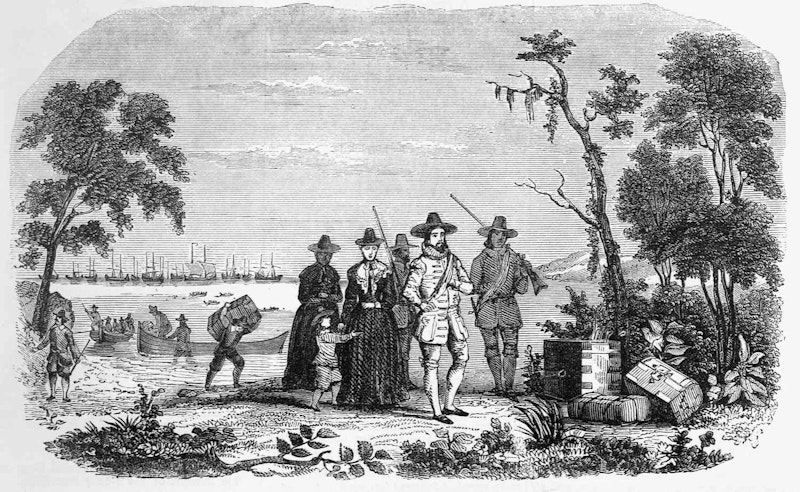Remember the Massachusetts state legislators who wanted to legalize women going topless in public, ban hate speech, and make saying the word “bitch” a fineable and jailable offense? Me neither.
There might be lawmakers who support those changes to the way the state regulates freedom of expression—constitutional or not—but none have publicly supported such bills. Massachusetts state law allows citizens to file bills by petition in the state legislature. It’s the only state to allow this, and the provision comes from Mass Bay Colony common law from 1641, later adopted in the Massachusetts constitution in the 1780s. The law sounds like a great way to give power to the people, but the reality differs from that ideal.
The archaic provision benefits news outlets, which can generate crazy headlines and attract pageviews based on the controversial proposals filed by their fellow Bay Staters. News outlets heavily covered the proposal to make saying bitch a fineable jailable offense in 2019, while the hate speech and topless legalization laws performed well for NewBostonPost when I wrote about them this year. National conservative media covered the bitch story in 2019; those crazy snowflake liberals are at it again!
Filing bills by petition does little for Massachusetts. Most people know little about how the lawmaking process works. They could watch Schoolhouse Rock and get a decent understanding of it, but some might not even do that little research. For a bill to have any chance of coming up for a vote, it must pass in committee. This is a problem in Massachusetts due to a lack of transparency in lawmaking. Committee votes are private, so committees often kill even innocuous nonpartisan bills, and no one knows who did so or why. They can either outright reject the bill or send it to a study order. I once asked a state house employee about these studies, and they laughed; no such studies ever happen.
The state legislature also claims an exemption from public records law, just like the state court system and the governor’s office. People can’t see what type of communication lawmakers have before voting on the chamber floor or in committees. Are there special interest groups telling them that if they vote a specific way, they will lose an endorsement, or does the supermajority party's leadership threaten to revoke committee assignments and relegate their office to the basement if they refuse to be a puppet? Both probably happen. These hurdles make passing laws this way nearly impossible.
The last prominent example of a citizen petition bill becoming law was an elementary school class filing a bill in the 1990s that made the chocolate chip cookie, invented in Whitman, Massachusetts, the official state cookie—unimportant, though a way to teach children about civics. If a state legislator likes an idea suggested by a constituent, they may file the bill themselves under their name and sometimes, though not usually, may work to make the bill become law. If the lawmaker dislikes the proposal or wants nothing to do with it, they may file the bill on behalf of the constituent, listing their constituent as the bill's sponsor. Other times, they may file a bill, take credit for filing a bill, do nothing to attempt to pass it, and repeat this every two years.
If the lawmaker voted to represent a district, who has relationships at the statehouse, refuses to help make the bill happen, that makes the odds of the bill passing even lower since most bills filed by state legislators also fail. Maybe someone who understands the lawmaking process can make a compelling case to several dozen lawmakers about why their proposal must become law. Until that unlikely event happens, at least the rule helps local journalism.

